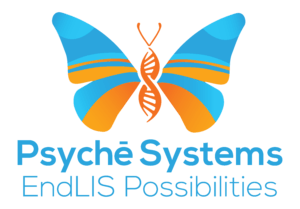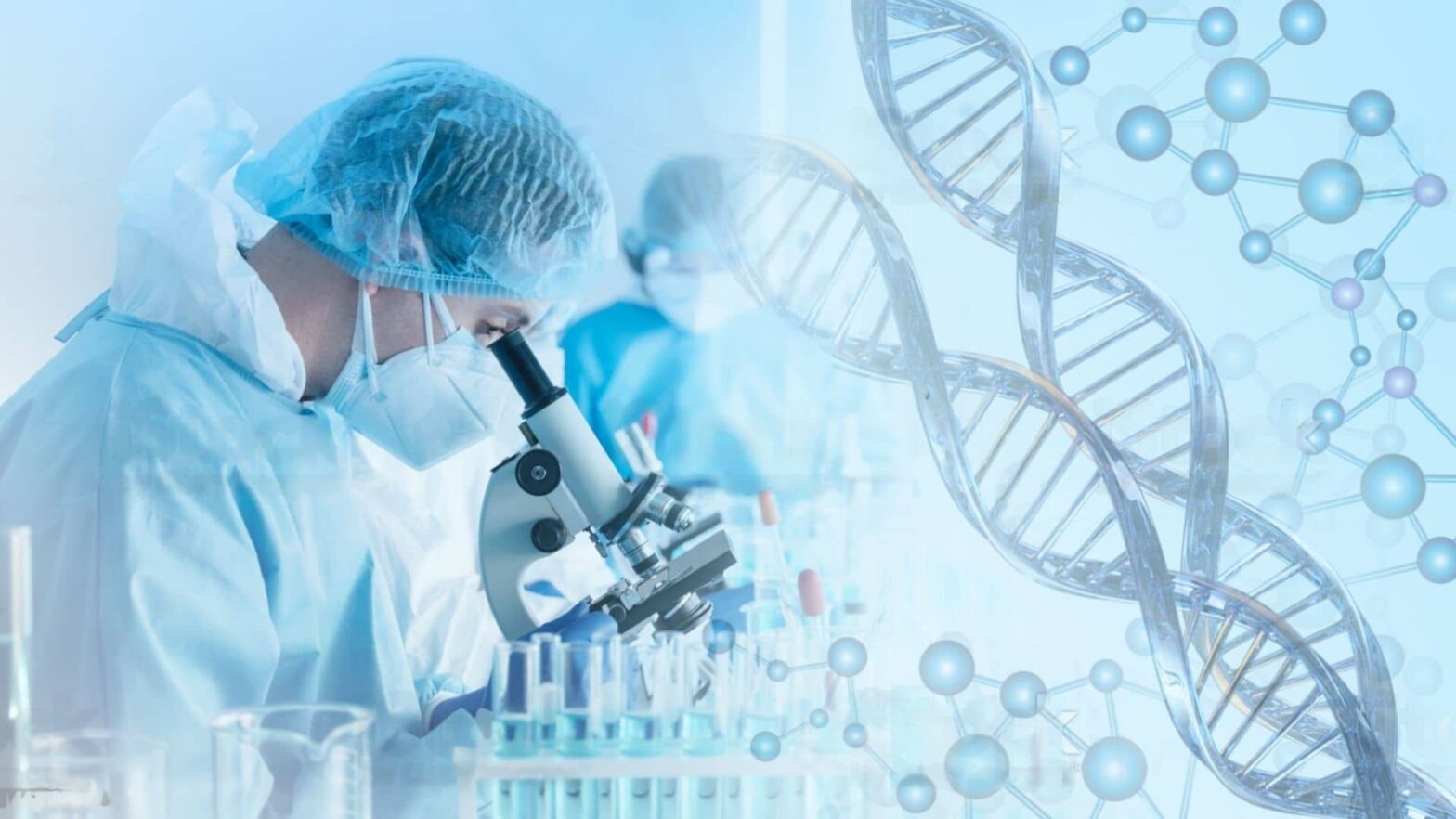Karyotyping is lab a technique used to look at the chromosomes in an individual’s cells and arrange them in a specific order based on their size, shape, and banding patterns. It provides a visual representation of an individual’s complete set of chromosomes. This representation is known as a karyotype. The process of karyotyping labs involves collecting samples, usually from the blood, and culturing them in a laboratory to encourage their growth. The results reveal chromosomes that are then stained to reveal distinct banding patterns, which allow for identification and analysis.
This can be a difficult task without the right lab software. However, Psychē Systems can streamline the process with our robust laboratory information system software.
Advanced features of laboratory software systems for karyotyping
Laboratory software systems for karyotyping offer a range of features and functionalities that enhance the efficiency, accuracy, and analysis of karyotype data. Here are some advanced features commonly found in laboratory software systems for karyotyping:
- Automated karyotype analysis and interpretation: This enables detailed examination and interpretation of karyotype data, allowing for the identification of chromosomal abnormalities and their clinical significance. The visual representation of karyotypes enhances the understanding of complex genetic information and aids in making informed diagnostic and treatment decisions.
- Integration with genetic databases and other laboratory systems: Integration allows for seamless data exchange, reduces data duplication, and enhances overall laboratory workflow. This enables easy access to patient information, test requests, and results, improving efficiency and coordination between different healthcare providers.
- Ability to handle complex chromosome abnormalities: Because of the complexity of chromosomal abnormalities, they can be difficult to detect. However, the right software can help identify specific chromosomal abnormalities quickly, suggest potential diagnoses based on the detected abnormalities, and provide additional relevant information for clinical decision-making.
- Customizable reporting and documentation: Labs can customize the current and potential future needs of their laboratory, such as increasing sample volumes, expanding test menus, or incorporating new technologies. A flexible system allows for customization and adaptation to changing laboratory requirements.
Benefits of using laboratory software systems for karyotyping
To improve karyotyping operations and increase accuracy and efficiency, laboratory software solutions can provide a variety of advanced features and capabilities such as:
- Improved accuracy and reliability of test results: Laboratory software systems include features for monitoring and tracking quality control metrics, which helps to ensure the accuracy and reliability of results. Laboratory software systems for karyotyping incorporate quality control features to ensure the accuracy and reliability of results. This may include built-in validation checks, such as automatic detection of misaligned or abnormal chromosomes, to flag potential errors.
- Streamlined laboratory workflows and reduced turnaround times: Laboratory software systems provide centralized databases for storing and managing karyotype data, patient information, and associated clinical data. This centralized approach allows for efficient data retrieval, organization, and secure storage. It also facilitates data sharing and collaboration among laboratory staff, clinicians, and researchers. This leads to reduced turnaround times.
- Enhanced data management and analysis capabilities: Laboratory software systems allow for advanced data management and analysis capabilities that often include interactive visualization tools for karyotype analysis. Features such as zooming, panning, and side-by-side comparison of karyotypes for detailed examination can improve analysis.
- Improved patient outcomes and satisfaction: Improved patient outcomes are one of the most important features of laboratory software systems. For example, genomic testing has improved cancer care. With the use of laboratory system software, not only can doctors examine the DNA of cancer patients, they can also run genomic tests on the cancer itself. Genomic testing has now become the standard of care for certain cancers, including certain types of breast and colon cancers. This testing can help healthcare providers decide the most effective course of treatment for those patients, increasing their chances of survival.
Factors to consider when choosing a laboratory software system for karyotyping labs
- Integration with existing laboratory infrastructure and workflows: An important consideration is whether the software system is compatible with existing laboratory information management systems (LIMS) or electronic medical record (EMR) systems. Seamless integration allows for efficient data exchange, reduces manual data entry, and improves overall workflow and data management.
- Customizability and scalability: Because no two labs are alike in their needs, the ability to customize and scale your system is crucial to the growth of your lab.
- Regulatory compliance and data security: Another important consideration is data security and compliance. When dealing with health information, it’s important to ensure that the software system provides robust data security measures to protect sensitive patient information and comply with privacy regulations, such as HIPAA.
- User-friendliness and ease of implementation: One of the most important factors to consider is user-friendliness. A user-friendly system with a clear and organized interface will contribute to efficient workflow and decrease frustration for laboratory staff. Also, consider whether the software provides customizable settings and user preferences to adapt to your specific workflow.
A real-world example of using laboratory software systems for karyotyping
Genetics Associates, Inc. provides a full range of clinical, cytogenomic, and molecular services to private healthcare systems throughout the United States. They were using an Anatomic Pathology LIS that had been modified to do molecular testing. To improve their workflow, they needed a molecular LIS.
Genetics Associates had worked with Psychē Systems in the past and was excited to help Psychē design and test their initial molecular LIS application. Although the task was daunting, Psychē assigned a dedicated application manager to help Genetics Associates every step of the way. As a result, because nucleoLIS is so flexible, they had many great options to help build the right software to fit their needs.
Conclusion
Overall, karyotyping provides valuable insights into an individual’s chromosomal makeup and helps in diagnosing genetic disorders, guiding treatment decisions, and conducting genetic research. It allows healthcare providers to diagnose and guide treatment for disorders such as cystic fibrosis, cancer, and Huntington’s disease.
At Psychē Systems, we support medical labs of every size and type in successfully maximizing their efficiency and profitability. Contact us for more information.

